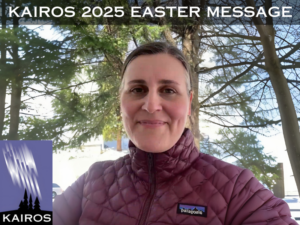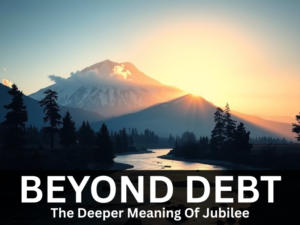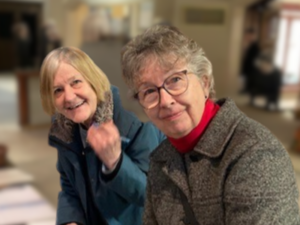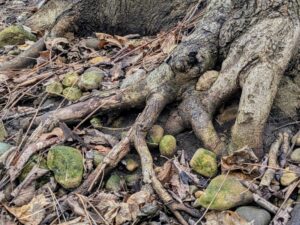Reflection on pilgrimage of justice and peace: We are not alone
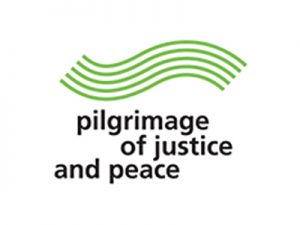
Sometimes the advice I give my children is the same advice I most need to remember – and the hardest to follow.
I have a toddler and a teenager, and at times of frustration and challenge I feel compelled to remind them that we are all learning as we go. When they make mistakes. When I make mistakes. As Spanish poet Antonio Machado wrote, “Camiante, no hay camino. El camino se hace al andar.” (Sojourner, there is no road. We made the road by walking.)
My own ecumenical and interfaith work has been an unplanned pilgrimage. I was raised in a religious community, in the United Church of Canada, that place deep value on ecumenical relationships. And in a socio-political culture, in Canada, that celebrates at least a surface-level of multiculturalism. Despite dreams of becoming a farmer, or a lawyer, I attended Seminary among students from various faith traditions, at the Graduate Theological Union in Berkeley, California. And I was recently Ordained as a minister in the United Church. None of this is what I had planned.
My despair about our intensifying climate crisis wasn’t planned either. I spent my early twenties immersed in youth work and anti-poverty work, conscious about the injustices of poor and vulnerable communities having less access to nature, but not contemplating these environmental injustices on a global level.
I can’t remember what changed that. There was no single, glorious moment of transformation. I just remember that I wasn’t looking for a new issue to care so intensely about. But the more I read, and learned, the harder it was to turn away.
I remember vividly the despair of friends who had been part of the Canadian Youth Climate Coalition’s delegation to Copenhagen in 2009, many of whom I knew through campus sustainability efforts, or whom I got to know later through electoral engagement efforts. Their stories of heart break and burn out and fear drew me in.
It was a long road for me to arrive at climate justice work, and it’s been a journey since.
I really got fired up about climate change during the political reign of Prime Minister Stephen Harper, whose government, as far as I could tell, used every tool in its reach to make climate action inconceivable in Canada. The layers of my own initial fear and despair over the intensity of the climate crisis were deepened by a sense of political stalemate that anything could change. And in that pit of hopelessness I found the fossil fuel divestment movement.
The divestment movement drew prophetic inspiration from great religious and social movement leaders. And it didn’t rely on the good will of political leadership. In fact it called out the nefarious influence that the fossil fuel lobby had on government, and the social license it has. It was a moral movement that prioritized the possible and the necessary. To me in that moment it felt bold, and visionary, and hopeful.
So I got involved in local divestment conversations, and in national divestment conversations. And in particular, through Fossil Free Faith, I supported and encouraged people of faith who wanted to raise these questions in their congregations.
After the birth of my son, I felt even more called to this work. In 2015, with a nine-month baby at home, I traveled to Rome, for events around the release of Laudato Si, Pope Francis’s encyclical on the environment and human ecology. And later that year, 6 years after the failed climate talks in Copenhagen, I traveled to Paris as a delegate of the United Church of Canada at COP21.
These travels were significant for me, as a young woman, and a new parent, and a lay leader. And what I remember most is how supported and held I felt. Before I left for Paris, friends and colleagues in Vancouver held a prayer circle for me, at a park near my East Vancouver home. And while I was there I was among some of the most dedicated and passionate people you’ve ever met – particularly the young leaders and activists who formed that year’s Canadian Youth Climate Coalition delegation.
The beginning and end of the United Church of Canada’s New Creed is We are not alone. That too is a message I always long to remind my children, and to be reminded of myself.
I don’t know where this road will take me. But I see no choice but to keep walking, with gratitude and humility. Thankful that we never travel alone.
For more on United Church of Canada climate justice work see: http://www.united-church.ca/social-action/justice-initiatives/climate-change
Rev. Christine Boyle – Canadian Memorial United Church, Vancouver BC









